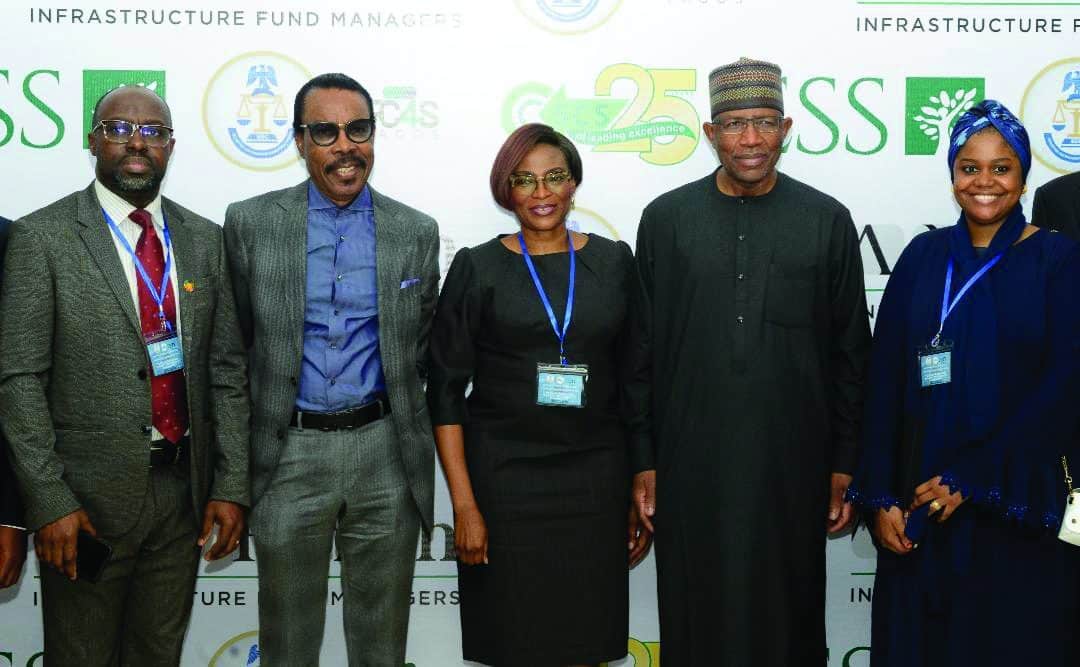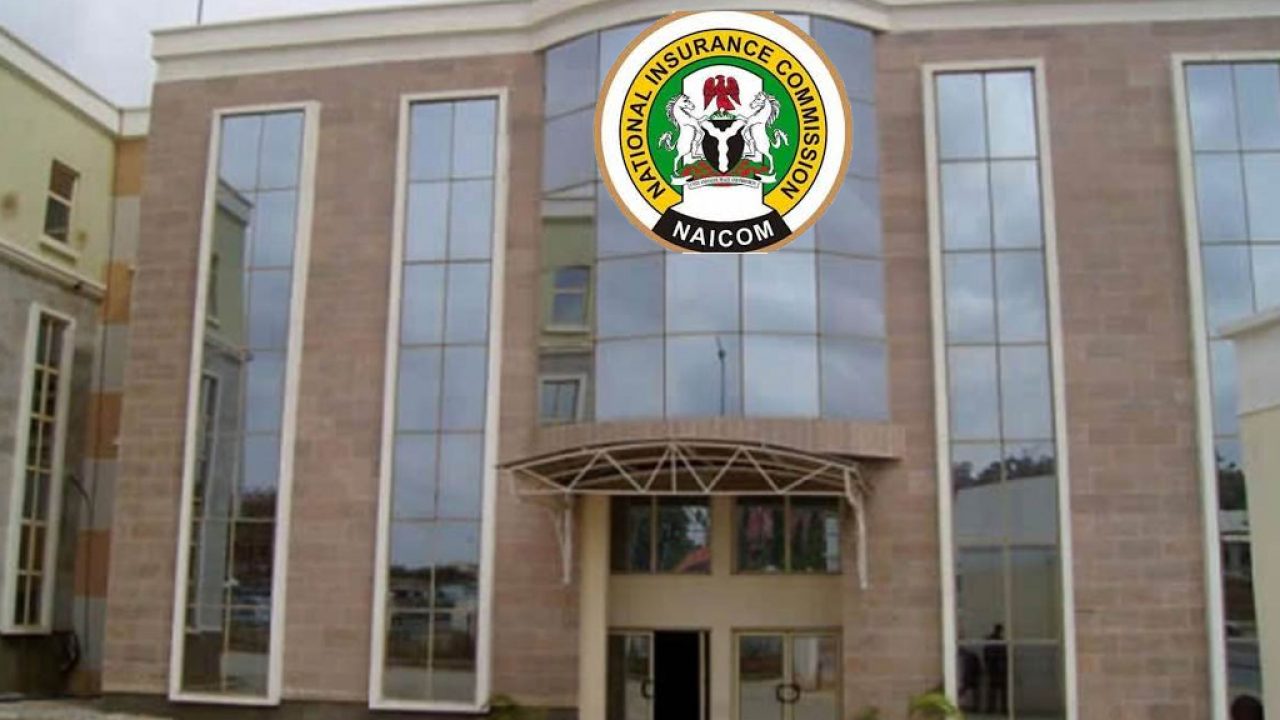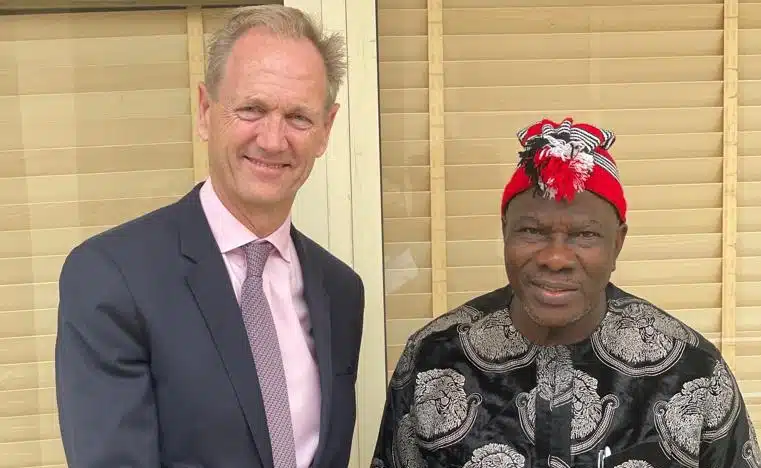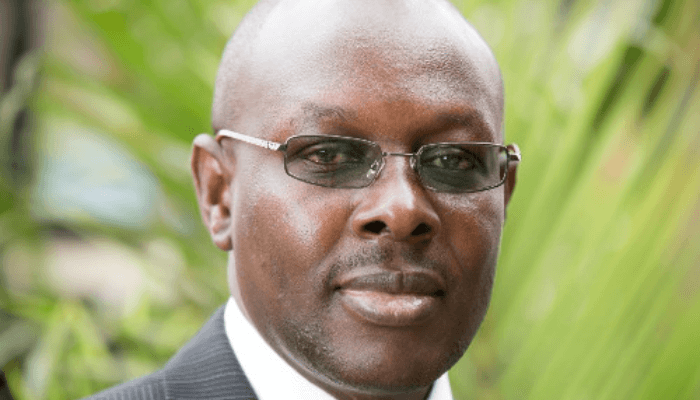The Securities and Exchange Commission(SEC) has the onerus responsibility of regulating and developing the Nigerian capital market, especially in the areas of ensuring that the market provides an important channel of financing for the real economy, allocating risk, supporting financial stability as well as smoothening transmission of monetary policy. The executives of the commission have taken up this duty since the inauguration of the board in 2019.
At the moment, the SEC regulates and supervises all capital market operators including the eight main Exchanges in Nigeria: AFEX Commodity Exchange Ltd, FMDQ Securities Exchange Ltd, Lagos Commodities & Futures Exchange Limited, Gezawa Commodity Market and Exchange, National Association of Securities Dealers OTC Plc, Nigeria Commodity Exchange, Nigerian Exchange Ltd, and Prime Commodity Exchange.
Indeed, the activities of the commission help to protect investors and market operators thereby ensuring the integrity of the securities markets. This is done through registration, surveillance, regulation, and enforcement of ethical market conduct.
The Commission has also supported market development through the introduction of robust frameworks for new products and processes in collaboration with market stakeholders, which has led to the introduction of derivatives, green bonds and Sukuk. It has also created a world class capital market in Nigeria capable of contributing to the attainment of socio-economic development in the country.
The capital market is a key determinant of the financial system in any model economy, providing essential facilities for companies and the government to raise funds for business expansion through investors. Ultimately, members of the society and not just the investors, derive some benefits.
Indeed, the nation’s capital market has played a fundamental role in enabling businesses to raise capital, often looked upon as the most significant source for companies to raise additional financial capital for expansion by selling shares of ownership in a public market.
However, the 2007-2008 global financial crisis instigated a worldwide economic recession, bringing to a halt more than a decade of increasing prosperity for western economies and wiping a staggering $1 trillion off the value of the world economy.
The Nigerian capital market was not insulated from the crisis as the market capitalisation of quoted companies crashed from an all-time high of N13.5 trillion in March 2008 to less than N4.6 trillion by the second week of January 2009. Similarly, the All-Share Index, which measures the performance of listed firms, plummeted from about 66, 000 points to less than 22,000 points in the same period.
Consequently, many investors experienced investment depletion, while prospective shareholders were scared of investing in the market. As a result, the market became unattractive for businesses to raise additional capital for expansion.
Since the crisis, the Securities and Exchange Commission (SEC), the apex capital market regulator, alongside other stakeholders have undertaken a number of initiatives through the introduction of its 10 year Capital Market Master Plan (CMMP) (2015-2025) a blueprint, which outlined broad initiatives that are considered the main policy framework guiding the capital market development to boost investors’ confidence.
Indeed, with a far-reaching reform programme embarked upon by the current executives of the SEC, under the leadership of the Director-General Lamido Yuguda, the nation’ capital market is currently well positioned to serve as a source long-term finance as well as enablers of socioeconomic development the facilitation of capital formation and creating opportunities for Nigerians to participate in wealth creation process.
The board, in collaboration with the current Executive Management team of the commission has continued to make tremendous strides and achieved a good number of set goals. The achieved goals are expected to improve the Commission’s capability in adapting to changing economic and market conditions and ultimately delivering on its mandate.
Notably, the establishment of the National Investors Protection Fund (NTPF), to cushion the adverse effect of losses suffered in the capital market and the e-dividend policy designed to minimise cases of unclaimed dividend. Others are the Direct Cash Settlement scheme, which ensures that investors receive their money directly whenever securities are sold, and corporate governance scorecard for companies listed on the Nigerian Exchange Limited (NGX).
There is also the recapitalisation of stockbroking firms, which has gone a long way in curbing sharp practices in the market.
Efforts to achieve full implementation of the master plan, which was also instituted to help catalyse the emergence of Nigeria as one of the Top 20 global economies has been intensified to meet the delivery target and realise its objective for the market while the initiatives already implemented in the first five years of its commencement have strengthened market development and innovativeness.
To align with current developments in the dynamic capital market and improve its relevance to the aspirations of the market, the CMMP was revised in November 2022.
According to the Commission, the process involved an assessment of progress made since the plan’s implementation to date and engagement with stakeholders for input.
This would also result in the introduction of more stringent tools to measure the plan’s progress against objectives and the inclusion of new challenges, opportunities and risks related to the current environment into the plan.
Intelligence reveals that the review of the CMMP was in response to changes in the economic realities upon which the plan was anchored when it was launched in 2015.
The CAMMIC, which oversees implementation of the Master Plan, was inaugurated by the Minister for Finance, Zainab Ahmed.
At the unveiling of the Revised CMMP, Ahmed described investor confidence as a major factor that will accelerate growth and stimulate activities in the capital market.
She pledged Federal Government’s commitment to continue to support the SEC in performing its regulatory function in a more efficient manner.
According to her, the market should be characterised by high level of compliance, ethical standards, in-depth liquidity, good corporate governance and a strong domestic investor base to boost confidence.
“Nigeria needs a capital market that broadens access to economic prosperity by enabling the emergence of financially responsible citizens, accelerating wealth creation and distribution, while providing capital for small and medium-scale enterprises.
“I consider the revised capital market master plan a veritable tool, which the capital market must use as it drives key initiatives towards achieving the country’s economic growth objectives,” she said.
Ahmed also stated that implementation of the master plan was one of the key initiatives in the 40-deliverables of the presidential mandate of the Federal Ministry of Finance, Budget and National Planning. Ahmed commended the SEC, CAMMIC and the capital market community for the laudable achievements, especially, in the areas of dematerialisation of share certificates, e-dividend mandate management system, facilitation of access to alternative investments and enhancing the commodities trading eco-system.
She said: “I am also aware of ongoing efforts on other initiatives, like the direct cash settlement, introduction of derivatives, financial literacy, enhancing market liquidity, incentives for listings, growth of collective investment schemes and leveraging fintech solutions in the capital market.
The revised edition also included the zero tolerance on infractions, which emphasised the need to rid the market of all forms of infractions.
This responsibility mandates the commission to continuously strengthen and maintain a stronger enforcement posture and revamp its rulemaking processes/procedures. There was also provisions for crackdown on illegal fund managers and ponzi schemes, in line with the SEC investor protection mandate
to continue to crack down on promoters of fraudulent investment outfit and illegal fund managers as part of its commitment to ensure an environment that is governed by the appropriate regulatory framework, timely and affordable access to market, zero tolerance for infractions, and heightened investor confidence/awareness.
Also, for the safety and security of the capital market, and to address the deficiencies in the Nigeria’s Mutual Evaluation Report (MER), the commission issued new AML/CFT regulations and guidelines, which mandates CMOs to comply with stringent reporting obligations, such as, application of Risk Based Supervision (RBS) by reporting entities, screening of clients against Nigeria’s sanction list before on boarding, and continuous monitoring of clients among others. All these have been considered and added to the revised capital market master plan to make it more relevant and enable the SEC to realise the goals of the capital market master plan as quickly as possible.
Publicity Secretary, Independent Shareholders Association, Moses Igbrude, the other day said the plan outlines broad initiatives that are considered the main policy framework guiding the capital market development, efforts to achieve full implementation must be intensified to meet the delivery target and realise its objective for the market.
Director Capital Markets at FSD Africa, Evans Osano, said: “This review will give market stakeholders in Nigeria a unique opportunity to not only take stock of the plan’s results so far but also grow and respond to previously unforeseen economic developments.
“As FSD Africa works to support and regulate financial markets in Sub-Saharan Africa, we are excited to be partnering with SEC Nigeria to enable them to strengthen the country’s capital markets at this time.”
Read original article









